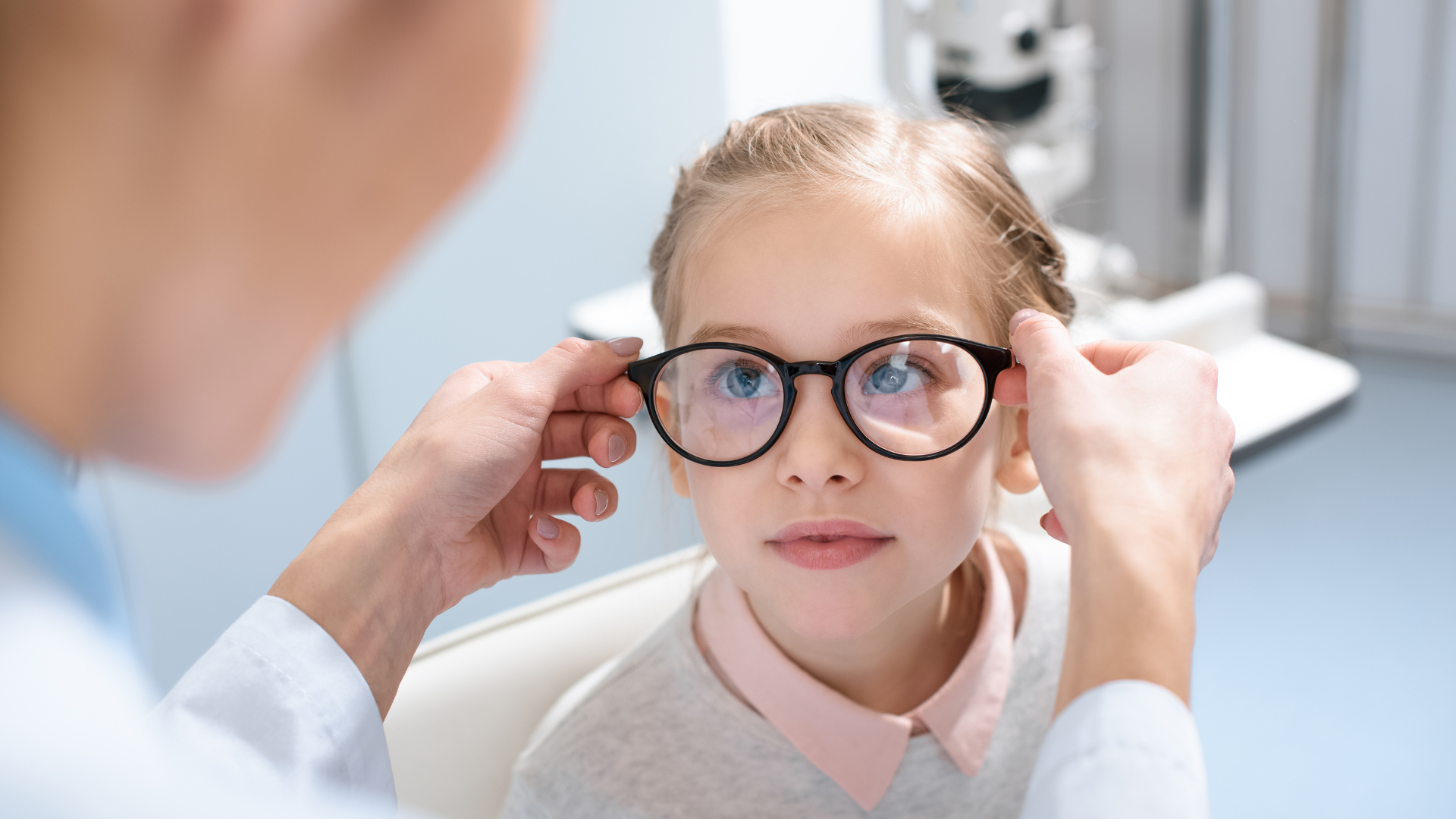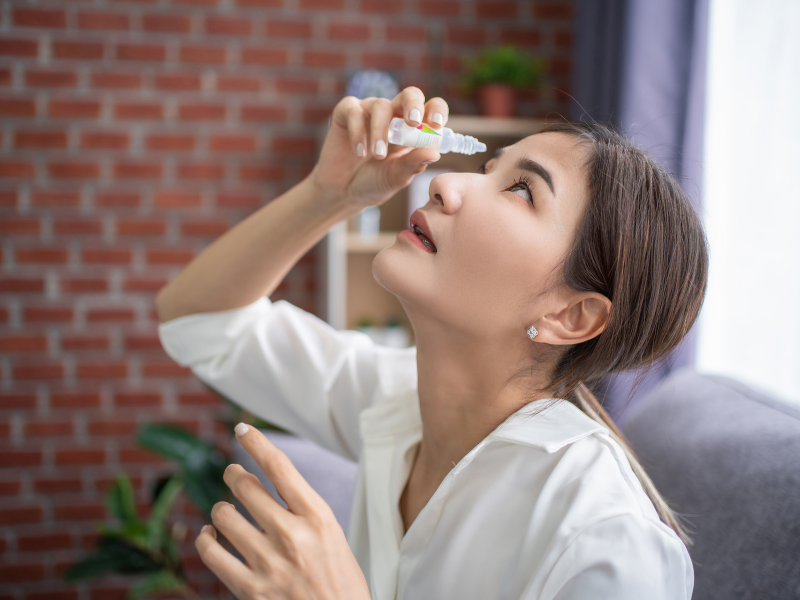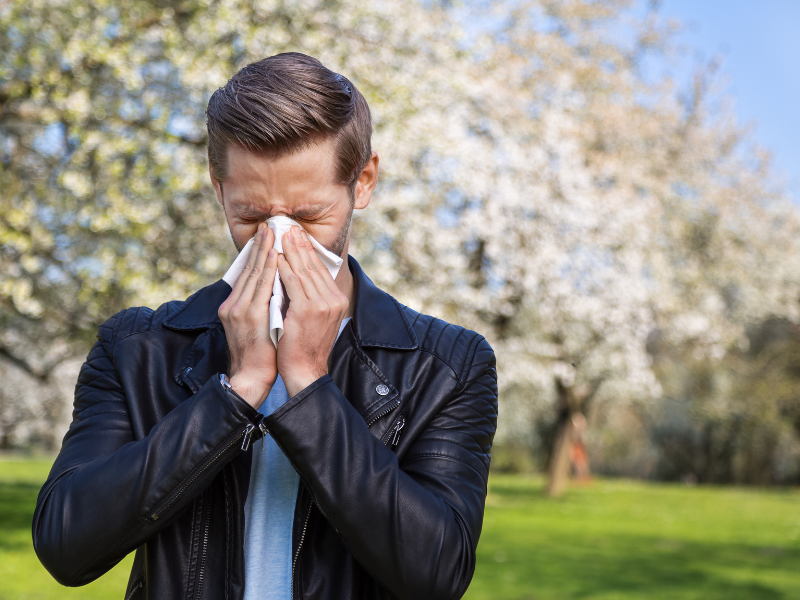7 ways to maximise your health fund benefit
Healthcare is a fundamental aspect of our lives, and it's essential to make the most of your health fund benefit. By doing so, you can ensure that you and your family receive the best care without breaking the bank. Here are seven tips to maximise your health fund benefit:
- Understand Your Policy:
The first step to getting the most out of your health fund is to thoroughly understand your policy. Different policies cover various services, so take the time to familiarise yourself with your specific coverage. This knowledge will help you make informed decisions regarding your healthcare needs.
- Waiting Periods:
Be aware of waiting periods for specific services. Most health funds have waiting periods for major treatments, so plan accordingly.
- Regular Check-Ups:
Preventive healthcare is a cornerstone of maintaining good health. Schedule regular check-ups and screenings, even if you feel well. Early detection of health issues can save you money in the long run by preventing the need for costly treatments.
- Consider Extras Coverage:
Extras coverage, often offered as an add-on to your basic policy, can cover services like dental, optical, and physiotherapy. It's worth exploring whether adding extras coverage is a cost-effective option for your specific healthcare needs.
- Opt for Gap Cover Insurance:
Gap cover insurance can help reduce or eliminate the out-of-pocket expenses associated with in-hospital treatments. It's a valuable addition to your health fund benefit that ensures you won't be burdened by unexpected costs during your hospital stay.
- Claim Smartly:
Keep track of your eligible expenses and ensure you claim for every eligible service. It's important to understand the waiting periods, annual limits, and any sub-limits that might apply to certain services to avoid any surprises when claiming.
- Review and Update Your Policy:
Your healthcare needs may change over time, and so should your health fund policy. Regularly review your coverage to ensure it aligns with your current requirements. This will prevent you from paying for services you don't need while potentially saving on those you do.
By following these seven strategies, you can make the most of your health fund benefit, ensuring that you and your family receive quality healthcare while keeping your financial well-being in check. Stay informed, be proactive about your health, and make the most of your health fund for a healthier, happier life.
Why you should wear sunglasses
Australia has some of the highest levels of ultraviolet (UV) radiation in the world, especially during the summer months. UV radiation can damage your eyes and lead to serious eye problems, including cataracts, macular degeneration, and pterygium.
Wearing sunglasses is one of the best ways to protect your eyes from UV radiation. Sunglasses should block at least 95% of UVA and UVB rays. They should also fit snugly to prevent light from leaking in around the sides.
Here are some of the benefits of wearing sunglasses in Australia during summer:
- Protect your eyes from UV radiation: UV radiation can damage the cornea, lens, and retina of your eyes. Wearing sunglasses can help reduce your risk of developing cataracts, macular degeneration, and pterygium.
- Reduce glare: Glare can make it difficult to see and can increase the risk of accidents. Sunglasses can help reduce glare and make it easier to see in bright conditions.
- Improve your comfort: Sunglasses can help protect your eyes from the wind and dust. They can also help reduce eye strain.
- Shielding Delicate Skin Around the Eyes: the sensitive skin around your eyes is prone to damage from sun exposure. Wearing sunglasses not only protects your eyes but also prevents premature aging and skin issues caused by UV exposure. It's like a double benefit for your face!
If you wear eyeglasses, you can get sunglasses with prescription lenses.
To find the perfect pair of sunglasses for your needs, visit our practice. We have a wide selection of sunglasses from leading brands, and our experienced team members can help you choose the right pair for your face shape and lifestyle.
Performance and Eye Protection
In the world of sports and physical activities, having the right equipment is essential for optimal performance and safety. However, one critical component that often gets overlooked is sports eyewear.
Performance Enhancement
- Visual Clarity: Sports-specific eyewear, such as polarized sunglasses, improves visual clarity by reducing glare and enhancing contrast, enabling athletes to excel even in challenging conditions.
- Eye Protection: Sports eyewear acts as a shield, protecting your eyes from dust, debris, and harmful UV rays, allowing you to focus on your performance without worries of eye damage.
Safety First
- Preventing Eye Injuries: Sports eyewear acts as a protective barrier, safeguarding your eyes from flying objects or accidental contact with others, reducing the risk of eye injuries.
- UV Protection: Proper UV-protective sports eyewear shields your eyes from harmful rays, minimizing the risk of conditions like cataracts and macular degeneration.
- Dust and Debris: Outdoor sports expose your eyes to wind, dust, and debris, leading to irritation. Sports goggles or sunglasses with proper seals reduce this risk and prevent potential infections.
Sports eyewear is a crucial part of your sports gear, enhancing performance while keeping your eyes safe. Whether you're a professional athlete or enjoy recreational sports, investing in appropriate sports-specific eyewear ensures a better experience. Prioritize eye safety and visual clarity, and perform at your best with confidence. Remember, your eyes deserve the best protection!
Eye Strain and Screens: A Modern Dilemma
In today's fast-paced world, screens have become an integral part of our lives. Whether for work, education, or entertainment, we find ourselves constantly connected to smartphones, computers, tablets, and televisions. However, this digital revolution has brought an unexpected cost: eye strain.
Factors Contributing to Eye Strain
- Blue Light: Screens emit blue light that can disrupt our sleep-wake cycle, causing digital eye strain.
- Screen Glare: Reflections and glares force our eyes to work harder, leading to fatigue.
- Digital Device Usage: Prolonged use without breaks strains our eyes.
- Poor Lighting and Viewing Distance: Inadequate lighting and improper viewing distance contribute to eye strain.
Tips to Reduce Eye Strain
- Follow the 20-20-20 Rule: Take a 20-second break every 20 minutes to focus on an object 20 feet away.
- Proper Lighting: Ensure adequate lighting to avoid screen glare.
- Adjust Screen Settings: Reduce brightness and adjust contrast for comfort.
- Use Blue Light Filters: Consider using blue light filter apps or glasses.
- Maintain the Right Distance: Position screens at arm's length and eye level.
Prevention is key to avoiding long-term problems. Balancing screen time with breaks and outdoor activities can significantly improve eye health in this digital age. Prioritize eye care for a healthier and more enjoyable digital experience.
The Forgotten Winter Accessory
As the days get shorter and temperatures start to drop, it's easy to forget about the importance of wearing sunglasses. But don't let the cold weather fool you: sunglasses are just as necessary in winter as they are in summer. Not only do sunglasses protect your eyes from harsh UV rays, but they also provide many other benefits that are especially important during the winter months.
Sunglasses are important for protecting your eyes from the cold weather
Windy days and chilly temperatures can cause irritation, and sunglasses can help to protect your eyes by blocking out the wind. Additionally, sunglasses can help prevent snow blindness, a condition caused by exposure to snow's ultraviolet light.
Get the best out of it
Sunglasses are a great way to stay fashionable in the winter months. It's easy to get stuck in a rut of wearing the same hat, scarf, and coat every day, but a nice pair of sunglasses can help spice up your look. Whether you prefer classic aviators or fashionable cat eyes, sunglasses can be a fun and stylish way to add a little something extra to your winter wardrobe.
Grab your favourite pair of shades and head out into the cold—your eyes will thank you.
Why do my eyes get dry in winter?
Why do my eyes get dry in winter?
Winter is a time when many people suffer from dry eye syndrome. Dry eye can be a very uncomfortable condition, causing symptoms such as:
- Burning
- Stinging
- Redness
- Light sensitivity
- Blurred vision
For many people, winter is the worst time of year for dry eye as cold air, low humidity, and wind can exacerbate symptoms.
What are the treatments?
There are several treatments available to help manage dry eye. These include:
- Use artificial tears or eye drops to lubricate the eyes
- Increase the humidity of the environment
- Wear special glasses to block out the wind
In some cases, lifestyle changes such as avoiding smoking, reducing screen time, and wearing sunglasses may help reduce the symptoms of dry eye. In more serious cases, prescription medications or surgery may be necessary.
If you are suffering from dry eye, it is important to see your Optometrist for a proper diagnosis. Your Optometrist can help determine the underlying cause of your dry eye and recommend the best treatment for your condition.
Does my prescription need updating?
It is recommended to get an eye test once every two years, but during that time, it is possible that you perfect prescription may change. It can be difficult to notice the effects of an incorrect prescription, however, there are a few signs that your prescription may no longer be suitable for your eyes.
- Blurred Vision
This is the first and most obvious sign that your current prescription may not be working for you. If you are experiencing fuzzy or unclear vision while wearing your eyeglasses, it may be time for a new prescription.
- Your eyes feel tired
Eye fatigue can feel like your eyes are dry or you may interpret eye fatigue as needing to sleep. But it could be that your prescription is no longer accurate.
- Frequent headaches
Headaches are a symptom of many different things, which can make it hard to pinpoint the cause. If you are experiencing frequent headaches and wear glasses, it is worth checking that your prescription is still working for you.
If you are unsure if an incorrect prescription could be causing you issues, it is best to visit your optometrist to find out for sure.
Get Back to School Ready
Have you added an eye test to the list of back-to-school jobs? Approximately 80% of the primary school curriculum in Australia is delivered visually. Therefore, the ability for a child to see clearly is paramount to giving them their best education. There are some tell-tale signs that a child might be experiencing visual difficulties.
- Frequently rubbing eyes
- Complaining of tired eyes
- Sitting close to the TV or a book
- Closing one eye to see better
- Consistent incoordination
- Frequent squinting
If you have noticed any of these behaviours in your child, it might be time for an eye test. A children’s eye test can help to detect common conditions such as:
Myopia: A Condition in which objects that are near appear clear, and object farther away look blurry.
Amblyopia (lazy eye): Reduced vision in one eye.
Convergence insufficiency: Can cause blurry and double vision
The optometrist will also test for issues in binocular vision, focusing, eye tracking and colour vision. Book an appointment with us today to get your children's eyes tested!
Dry eye in the warmer months
The symptoms of dry eye are not just prevalent in the winter months, dryness can also affect eyes in the spring and summer months, sometimes even more so. This is caused by increased exposure to the sun and other season factors including visiting the ocean and pools.
Relieving the effects of dry eyes during spring and summer
-
Always wear sunglasses
The UV protection that polarized sunglasses provide protect your eyes and reduce glare. This can help to reduce the onset of dry eye.
-
Wear a hat when outside
By the same token, wearing a hat to shield your eyes from the harsh rays of the sun adds another layer of protection.
-
Eye drops
There a multiple eye drops, both over the counter and prescribed that can help to ease the symptoms of dry eye.
-
Rest your eyes
Performing tasks such as reading, watching TV or being outside in direct sunlight for long periods of time and cause dryness in the eyes. It is important to take a break from these activities from time to time to give your eyes a rest.
-
Wash your hands
When spending time outdoors, your hands are exposed to pollens and irritants that can transfer to your eyes through touching and rubbing. Washing your hands regularly and avoiding touching your eyes can reduce redness and dry eye.
If you would like to discuss further treatment and prevention of dry eye during the warmer months, contact your optometrist today.
How your optometrist can help your hay fever
The irritation, itchiness and watery eyes that hay fever brings in the spring and summer seasons can be frustrating and affect your lifestyle. The constant rubbing can also lead to dryness and redness. Here’s how an optometrist can help you manage these symptoms of hay fever.
1.Non-prescription eye drops
Your optometrist can recommend over the counter eye drops depending on the symptoms and severity of your hay fever in relation to your eyes.
2. Prescription eye drops and medication
There are different types of prescription eye drops that an optometrists can provide for severe allergies such as antihistamine and anti-inflammatory eye drops.
3.Oral Antihistamines
In conjunction with eye drops, your optometrist may also recommend oral antihistamines to hep relieve hay fever symptoms.
Some other ways that you can help reduce the effect of hay fever on your eyes include:
- Wearing sunglasses when outside
- Use a dehumidifier in the house
- Keep your windows closed on high pollen days
- Wash your hands after exposure to pets, grass and other flora.
If you would like to discuss your options to treat the symptoms of hay fever in relation to your eyes, contact your optometrist today.









